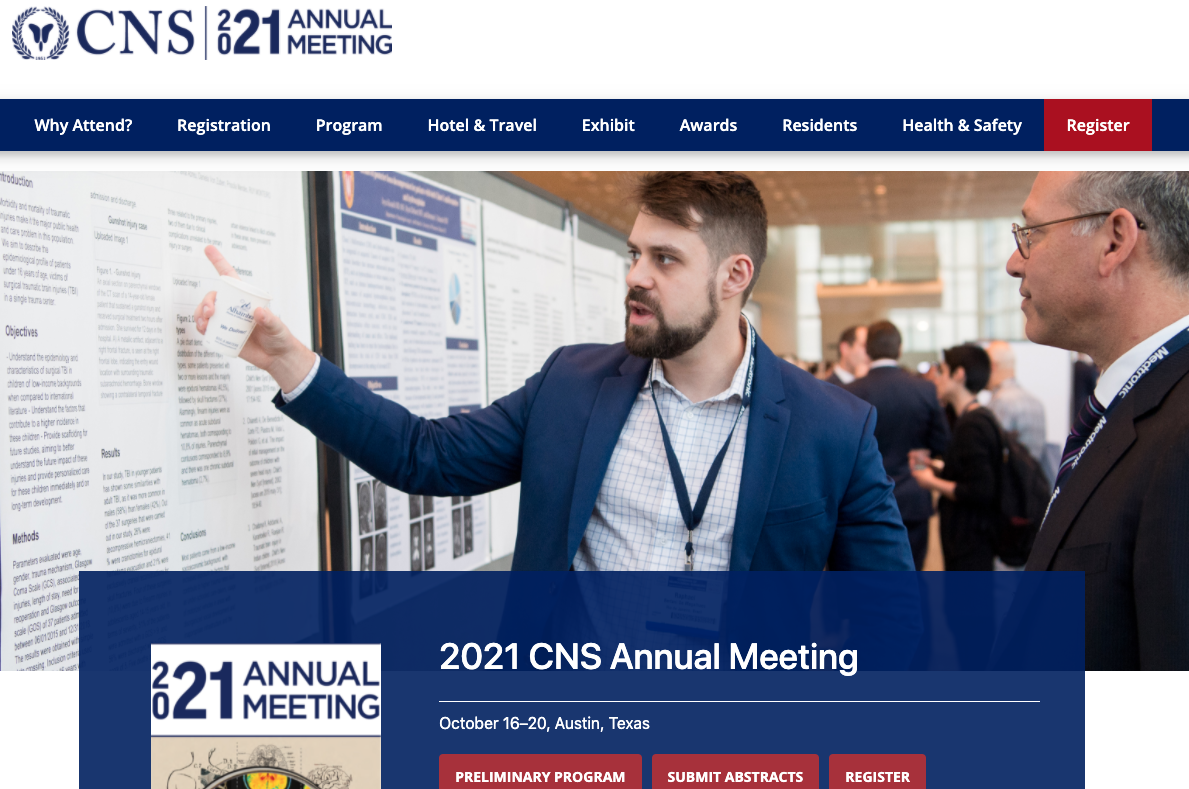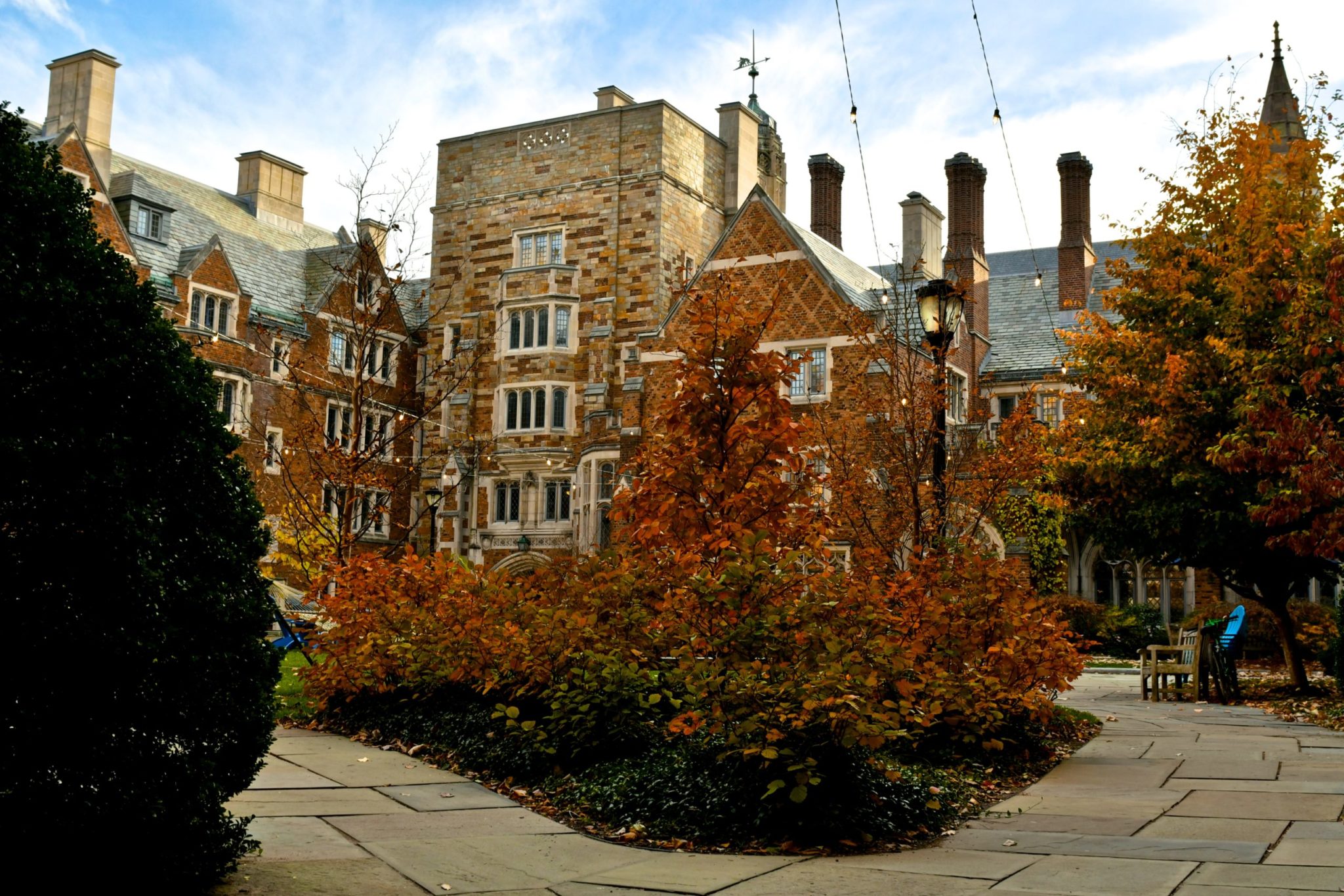Leaving Community
Are you sure you want to leave this community? Leaving the community will revoke any permissions you have been granted in this community.
The LINCS LSP Project Management Fellowship
The LINCS LSP Project Management Fellowship
The LINCS LSP Project Management Fellowship
The LSP is recruiting a LPM Fellow in support of the NIH Library of Integrated Network-based Cellular Signatures (LINCS)Center based in the LSP (http://lincs.hms.harvard.edu)
In their research management role, the fellow will collaborate with HMS LINCS investigators to:
- Play a prominent role within the HMS LINCS group curating and organizing experimental data.
- Develop and execute plans for LINCS data releases to public repositories.
- Help to coordinate HMS LINCS data production, data annotation and outreach activities with the work of other LINCS centers.
- Participate in LINCS consortium activities, including regular calls for the Steering Committee, Data Working Group, and Experimental Working Group, and in-person meetings.
- Communicate with the NIH program office regarding required reports, data releases, outreach activities and metrics collection.
- Attend and participate in LSP and Sorger lab group meetings and in the regular and ad hoc meetings involving LINCS PIs, postdocs, students and staff
The Fellow will be appointed as a postdoctoral fellow under LINCS PI and LSP Director Peter Sorger, work on a day-to-day basis with postdocs and staff active in LINCS and receive mentorship and guidance from LSP Scientific Managers and Executive Director. This position will have a high degree of independence, and opportunities to present at regional and national scientific symposia and workshops.
Requirements:
- PhD in cell biology, biochemistry, molecular biology, pharmacology, systems biology, chemical biology, biophysics or related field
- Demonstrated experience or a strong statement of interest in collaborative research
- Excellent written and verbal communication skills
- Strong organizational and interpersonal skills
- Interest in research coordination and project management
Applications should provide a CV, cover letter and 3 letters of recommendation via email to hits@harvard.edu.
The Project Management Fellows Program provides postdoctoral fellows with a mix of hands-on and curriculum-based training in the facilitation of complex research in academic and industrial settings. Many NIH-funded research centers mandate or strongly encourage the inclusion of scientific managers and coordinators in research. This creates new career opportunities for skilled scientists interested in supporting the interdisciplinary, multi-investigator projects typical of contemporary biomedical science. The LPM program helps individuals take advantage of this opportunity by providing hands-on and curriculum-based training in facilitating complex research projects.
The Laboratory of Systems Pharmacology at Harvard Medical School
The Laboratory of Systems Pharmacology (LSP) at Harvard Medical School tackles difficult problems in translational biomedicine using systems pharmacology approaches that combine laboratory experiments, computer science and clinical studies. Within the LSP, experts in systems biology, basic and translational pharmacology, cell biology, infectious disease, clinical trials, and informatics work closely together to meet the goals of ambitious research programs funded by NIH center and program grants.
LSP projects involve collaboration among multiple faculty members, staff scientists and trainees with very different sets of skills and often based in different departments or institutions. These multi-investigator projects are facilitated by PhD-level scientific managers who help coordinate and integrate the different aspects of each large research project, including pipelines for managing diverse omic data, reagent verification, data curation and validation and communication with the larger scientific community. Scientific program managers play a key role in writing reports for funding agencies, coordination of scientific meetings and often contribute to scientific papers. The LSP scientific program managers will provide LPM fellows with guidance, peer support and mentorship through formal and informal mechanisms.
The Project Management Fellows Program
LPM Fellows will have the opportunity to acquire and refine the required for the effective coordination of large collaborative projects, and obtain Project Management Professional (PMP) certification, a designation required or strongly preferred by employers in industry and government.
Each LPM Fellow will gain hands-on experience in the coordination of multiple research projects and learn the basics of grant management by supporting an NIH Center or Program Project research team within LSP. Fellows will also engage in a rigorous professional development program that draws directly on and supports their project management role in the LSP. Fellows will complete the MassBio Project Management for Biotech course (8 evenings), LSP-based skills assessment and communication workshops, and will be expected to enroll in other short courses at Harvard University specific to their own interests (e.g. “Research administration of sponsored awards”, “Difficult conversations”, “Introduction to management in research”, “Managing up”). The Fellow will independently prepare for the Project Management Exam using the Lynda preparatory courses and other resources. All expenses related to training and examination will be covered.
A successful LPM Fellow will, within a 2-3 year training period:
- Demonstrate their ability to facilitate complex research projects,
- Hone written and verbal communication skills,
- Develop a working relationship with funding agencies,
- Engage a network of peers and mentors regionally,
- Become certified as a Project Management Professional.
The skills the Fellows will acquire can provide opportunities for several career paths, including:
- Managing a research program, center or other similar activity in academia, in partnership with a faculty leader.
- Project management for biotech or pharmaceutical industry laboratories.
- Research administration in academe, government or industry
- Program management in a federal agency such as NIH or NSF.









